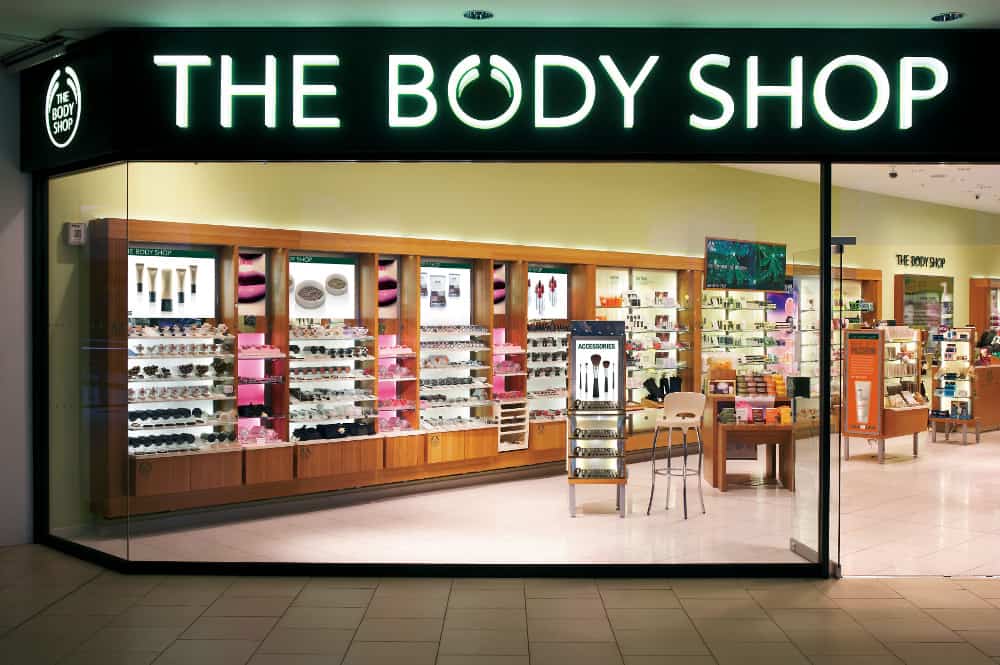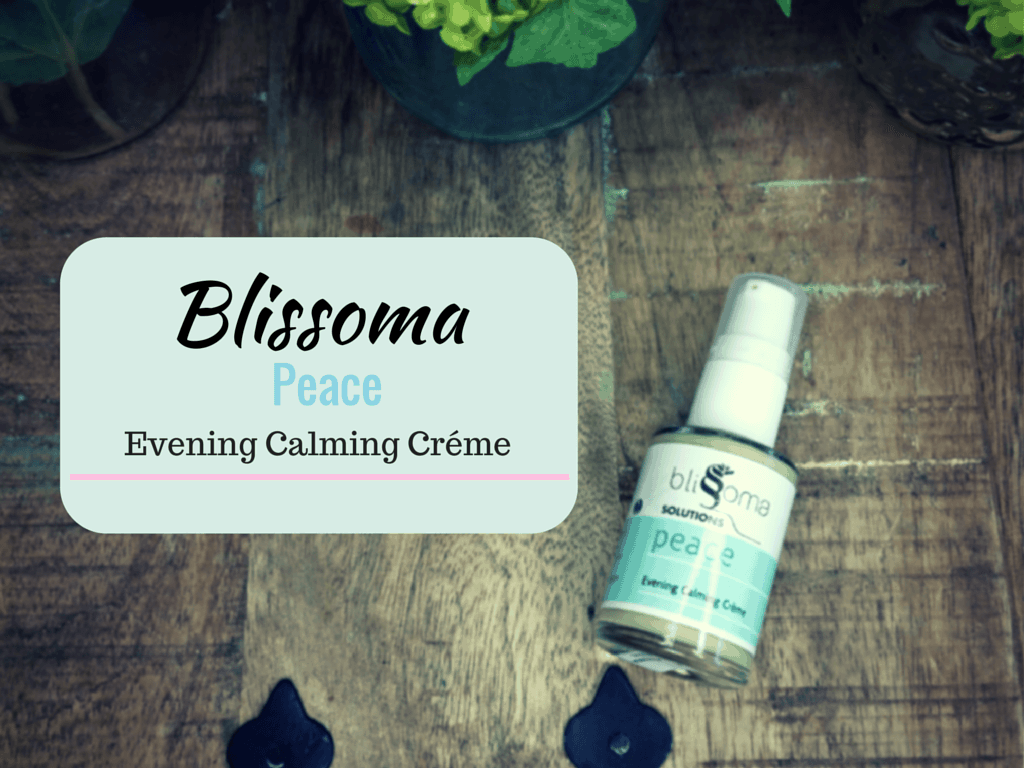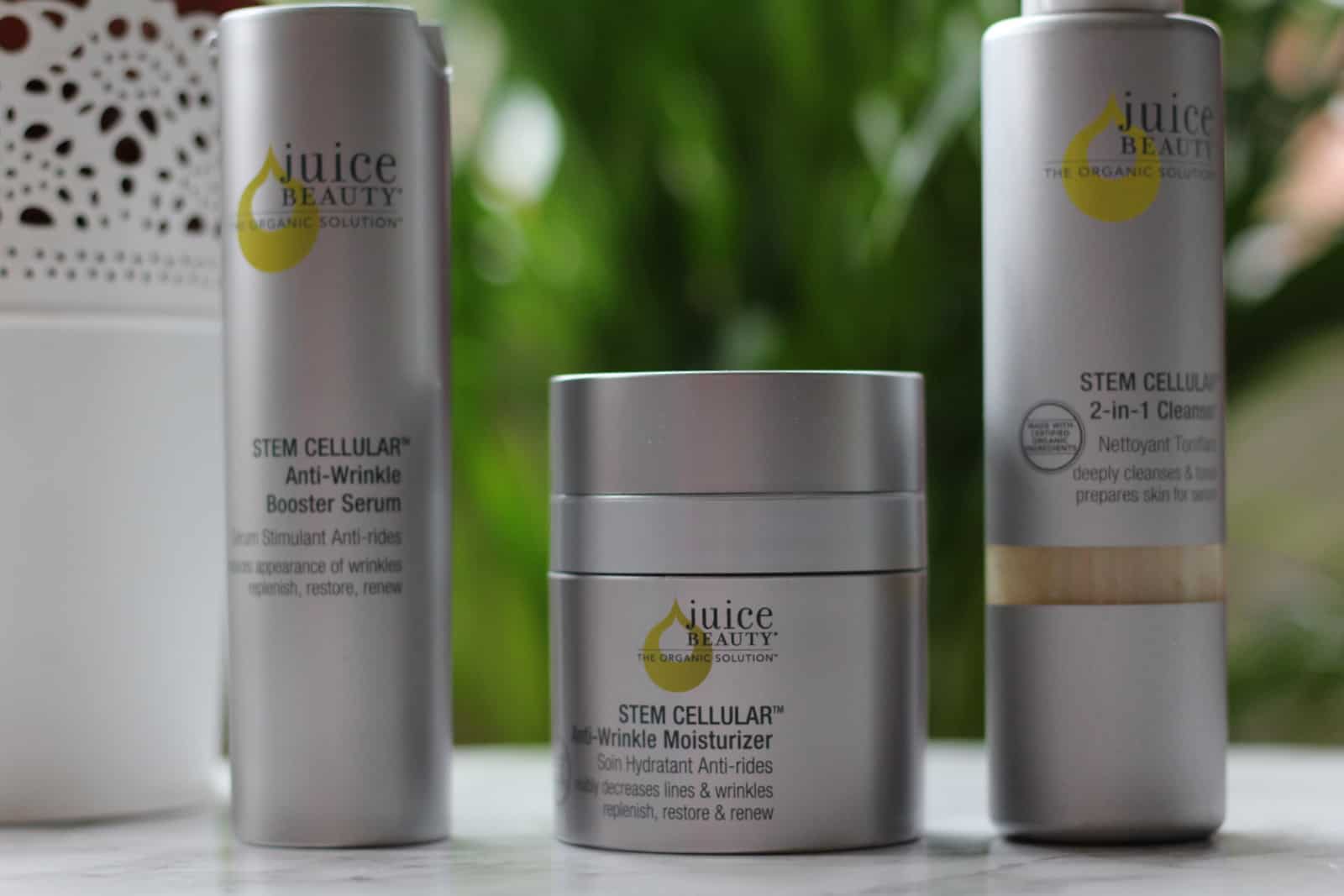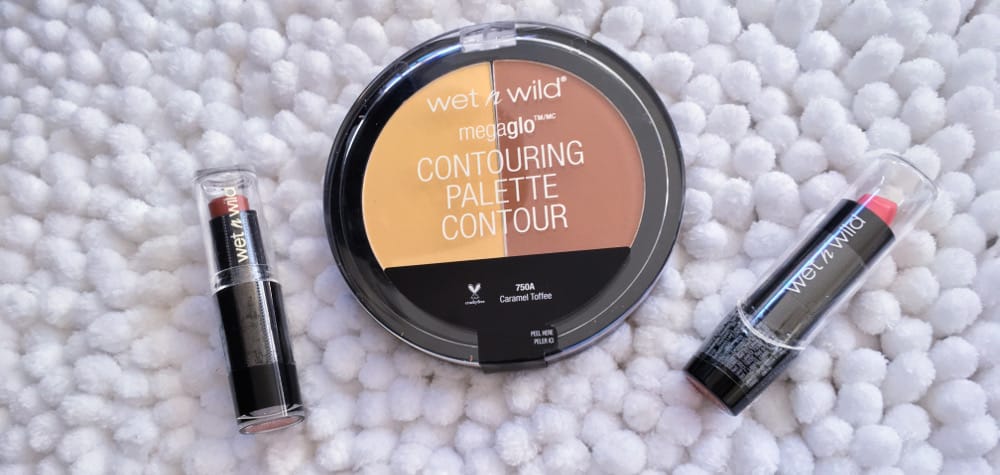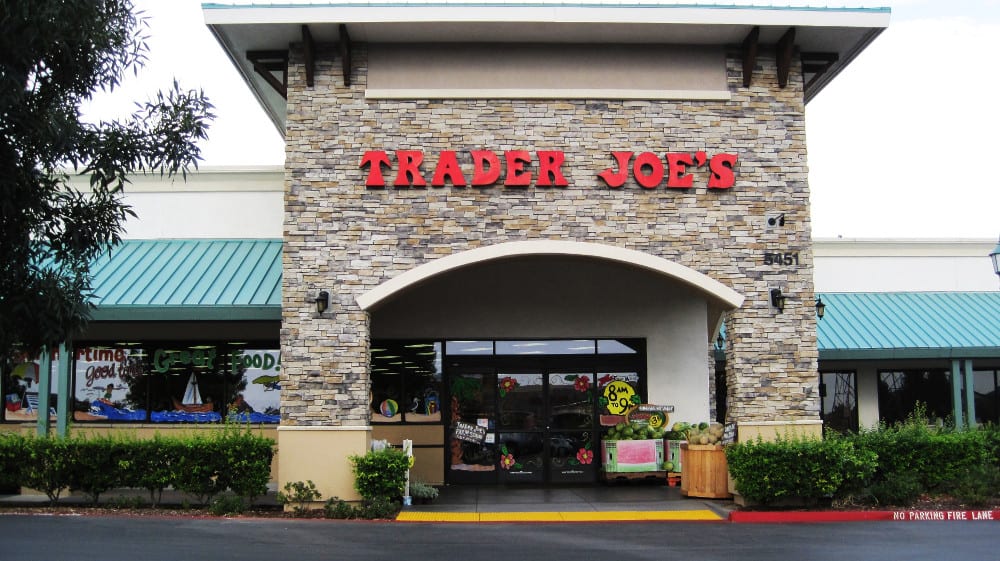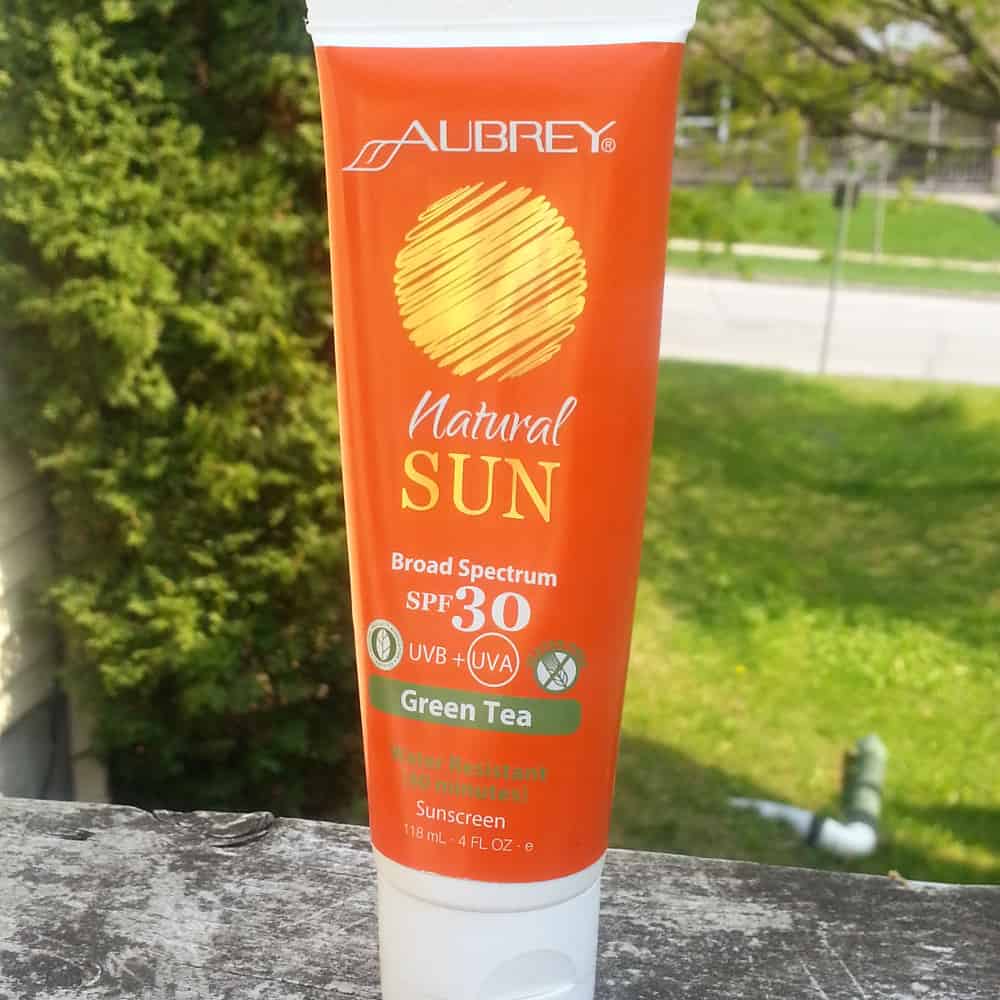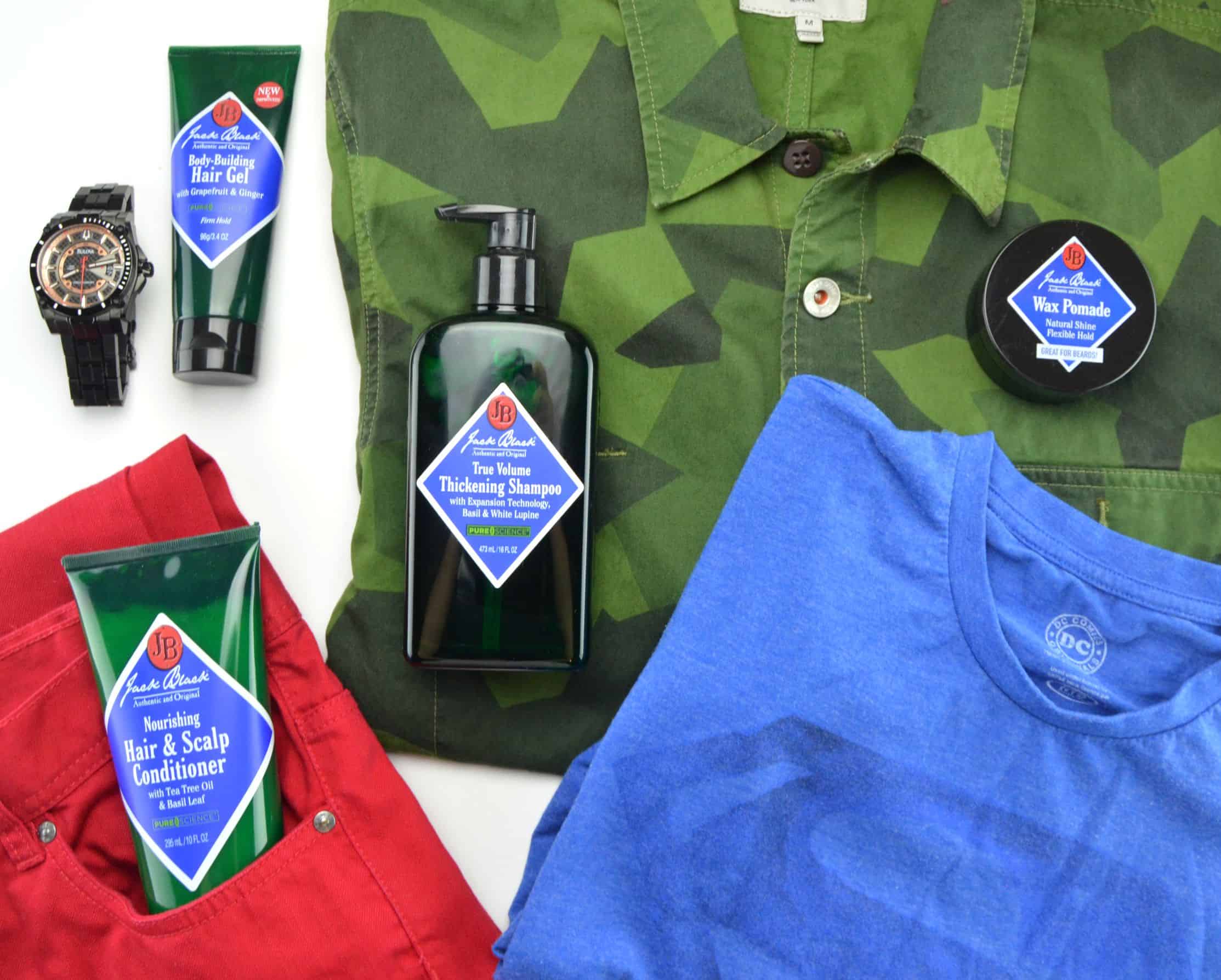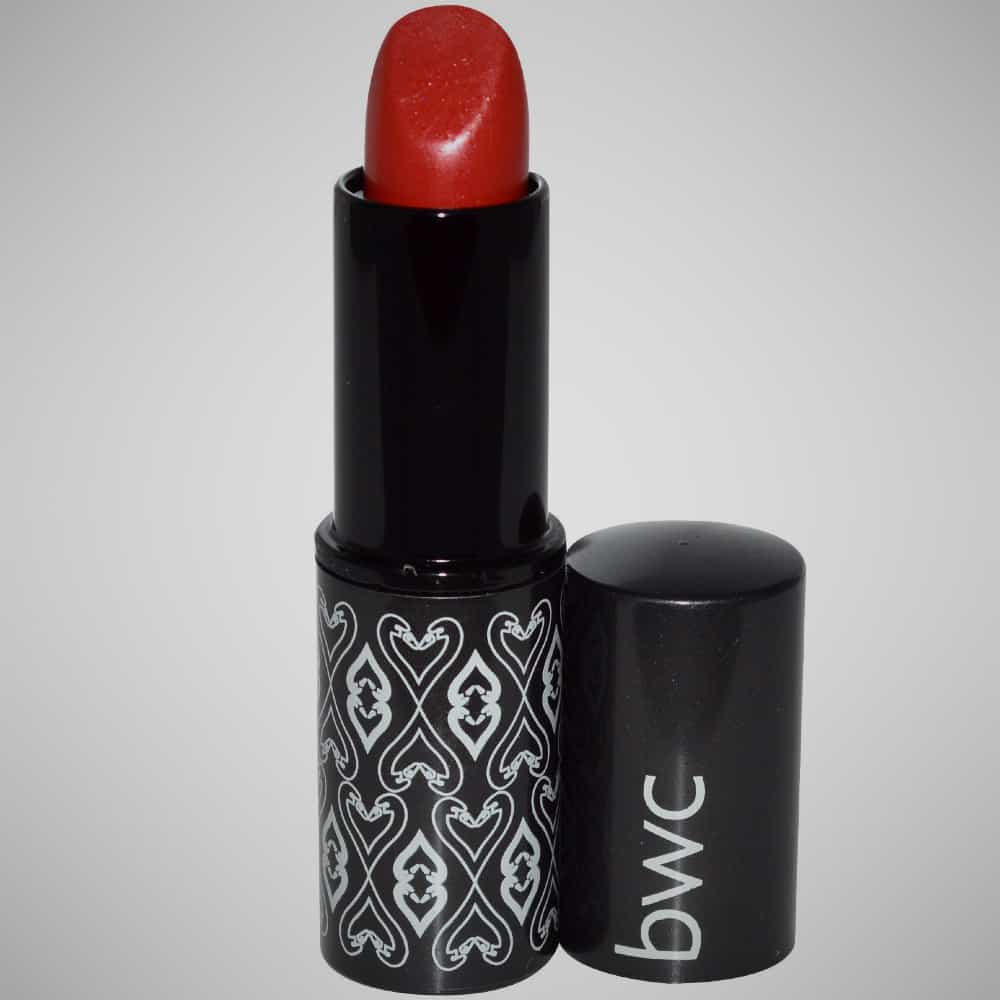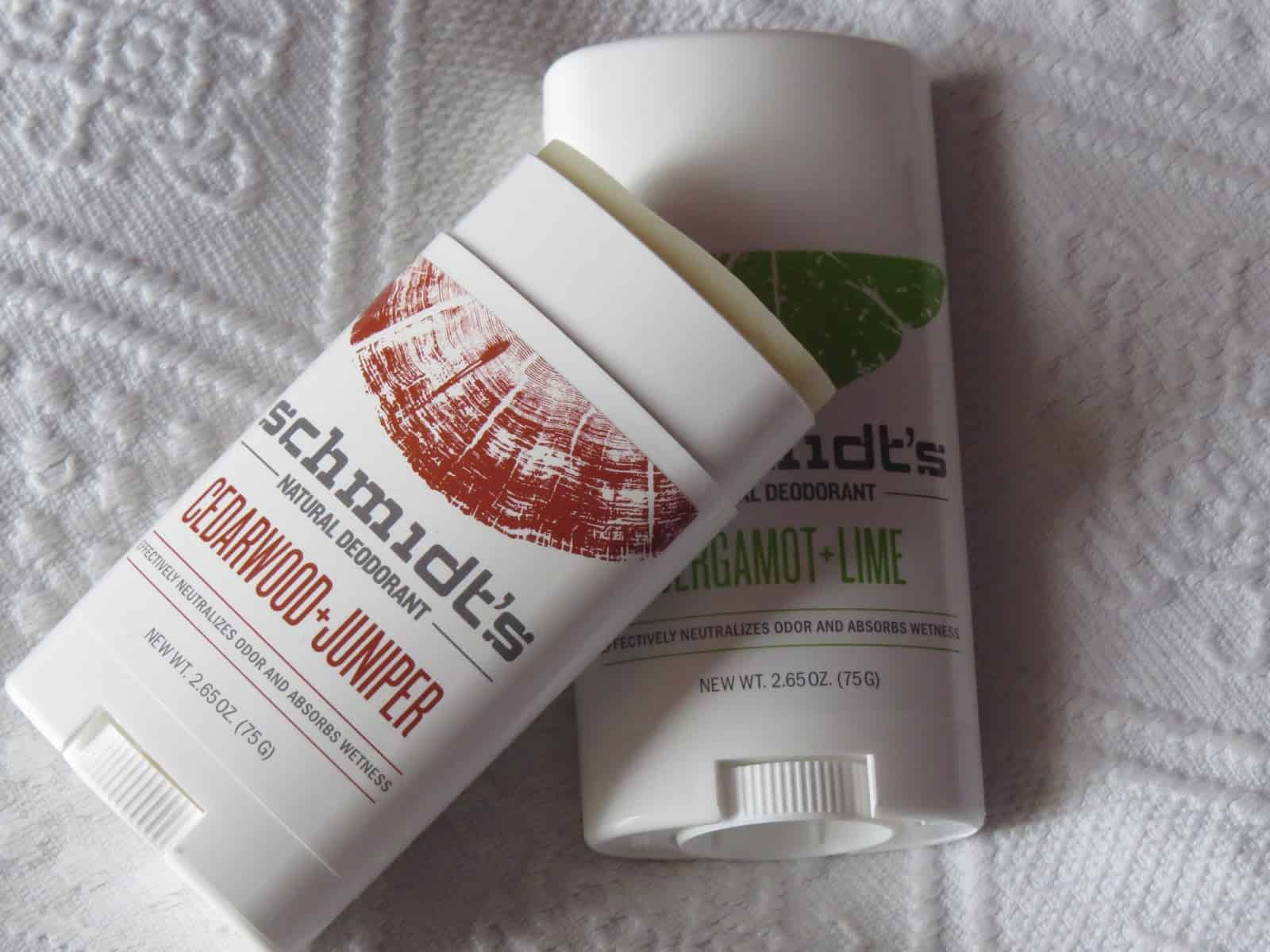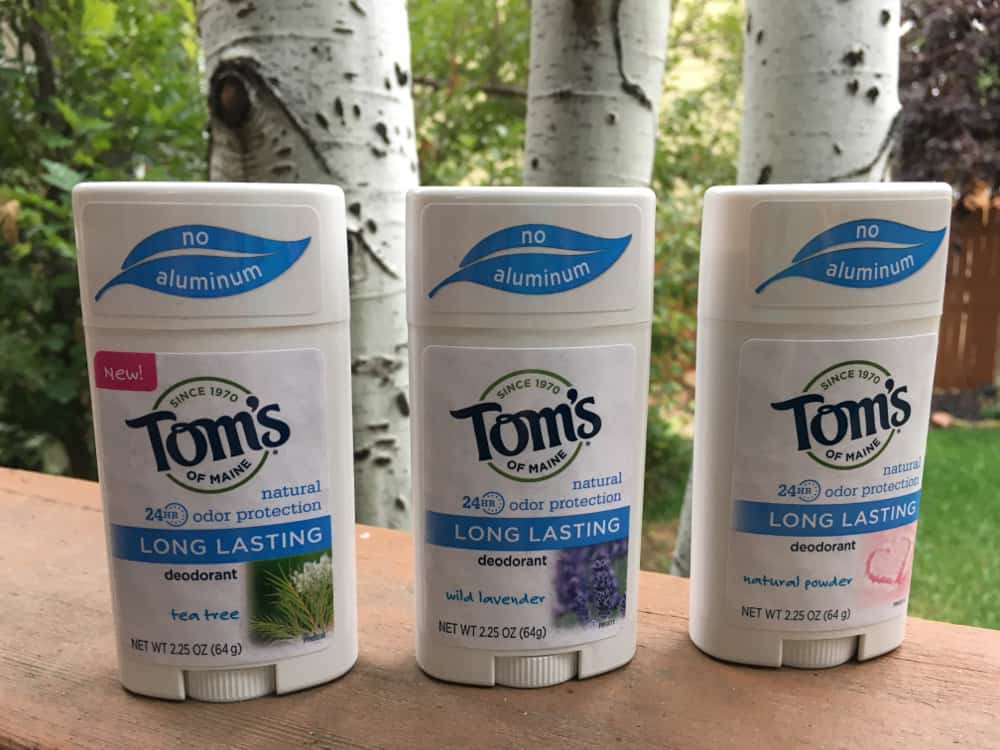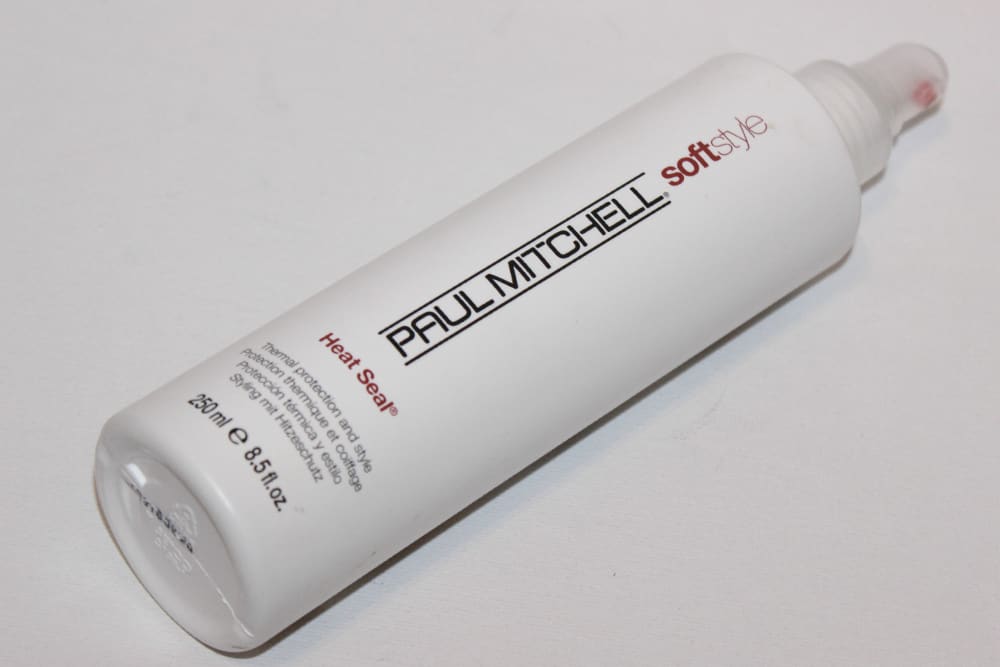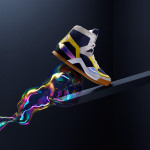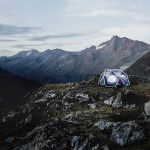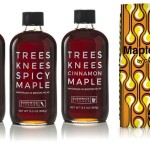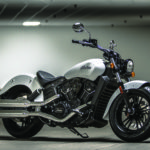It was always a mystery to many why some companies – largely those in cosmetics – would test their products on animals. After all, there’s a whole Congress full of people who are begging to have harmful, toxic materials tested on them until they bleed out from the eyes. Law schools produce more shysters than any one corporation could easily kill, and those monsters go on to do nothing but damage their fellow humans. Animals mostly just eat, sleep, and lick themselves, which beats every single person in every single insurance company on Earth.
Some companies have seen the light. These brands know that animal testing isn’t the path to a sustainable future, and it damages them in the long run. They’ve joined in standing with the Humane Society’s Be Cruelty Free campaign by signing a pledge. That pledge states that they’ll never use their products to injure animals, and won’t support any brand that does. These 13 sterling companies not only make amazing goods, but ones you can also feel good buying.
A Note On China

There areseveral brands that would be on this list if they chose not to do business in China, where animal testing is practically a necessity. Names like Aveda, 365 Everyday Value, Dermatologica, and Bath & Body Works have made inroads by stopping their cruel practices domestically. Once in international waters, however, these bloodletters shed their kindly skin and set to unconscionable practices that make them both cruelty-full, and bald-faced liars.
Paul Mitchell
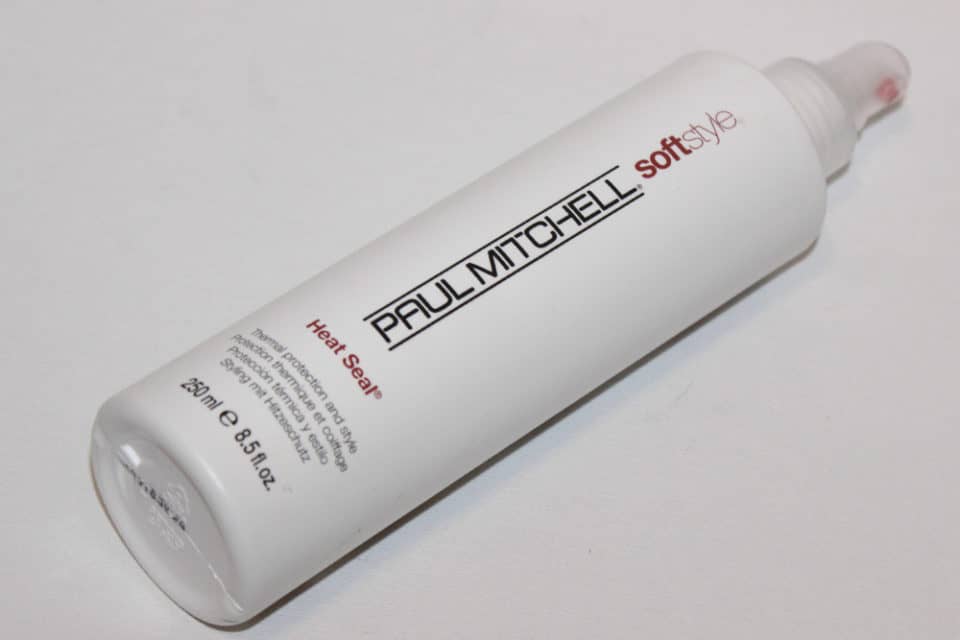
John Paul Mitchell has never once tested a product on an animal since the company began in 1980 – arguably the animal-testing boom during the age of Aqua Net. One of the first big names to declare it would abstain from animal testing, and the vanguard against competitors who still insist on the practice, Mitchell is to be celebrated for integrity from day one, and for blowing the whistle on an industry replete with corruption.
Tom’s of Maine
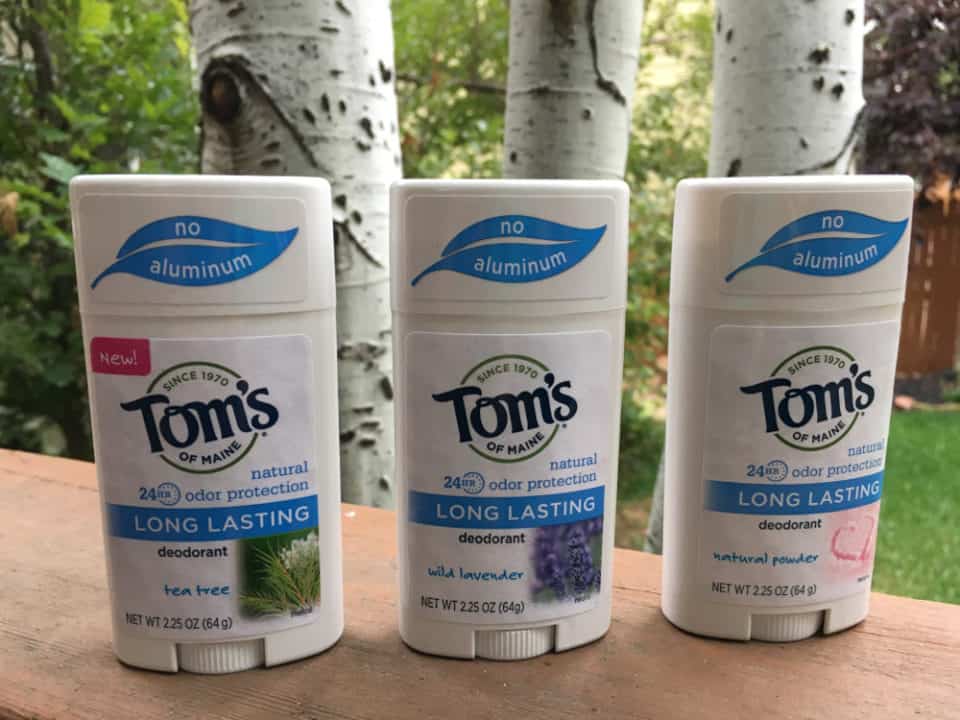
Devoted to naturalism and organic products wherever possible, Tom’s not only refuses to engage in animal testing, but in any practice that affects sustainability. Though beeswax features prominently in the materials, Tom’s selects ecologically conscious beekeepers who support the insects in their charge, rather than profit.
Schmidt’s Deodorant
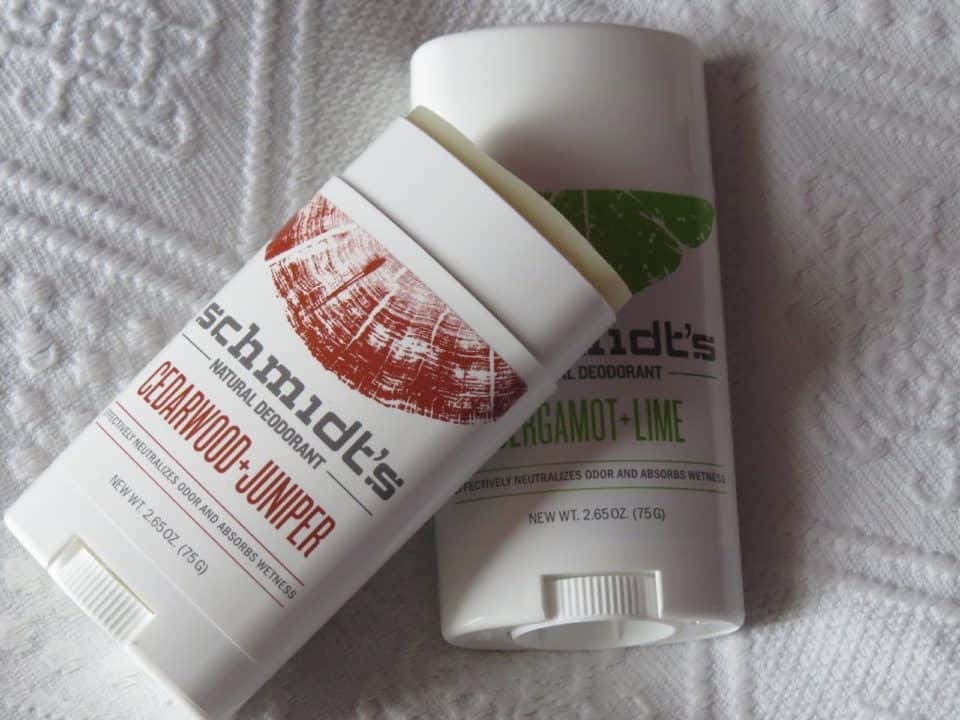
Deodorant companies are one of the worst offenders in finding out what might be harmful but subjecting helpless creatures to repeated exposure to harmful chemicals. Schmidt’s learned that this was not only vicious, but that by testing products on human volunteers, they were able to get more accurate feedback. This cut their R&D time, and has made them a premium manufacturer of excellent odor-fighters that have people in mind.
Beauty Without Cruelty
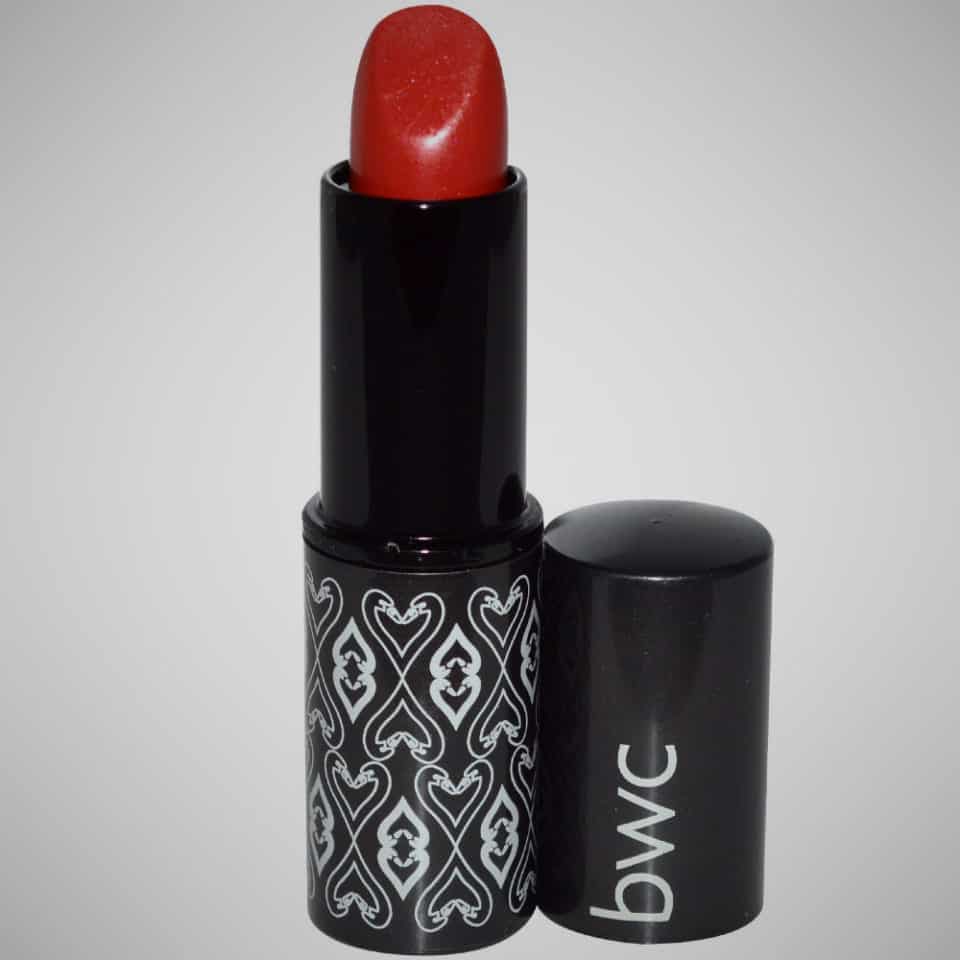
1963, when BWC began, was a time of great social upheaval. The rigidity of the 50’s were colliding with the love generation as the Vietnam “conflict” dragged on and on. Peace, drugs, and greater social consciousness were the order of the day. It’s no surprise that some turned their eyes from humans who wanted to destroy or enslave one another to creatures who only wished to exist in harmony with nature. Moreover, the company supports the Humane Cosmetics Act. They want the United States to join with the EU in declaring cruel and needless testing to be stopped.
Jack Black
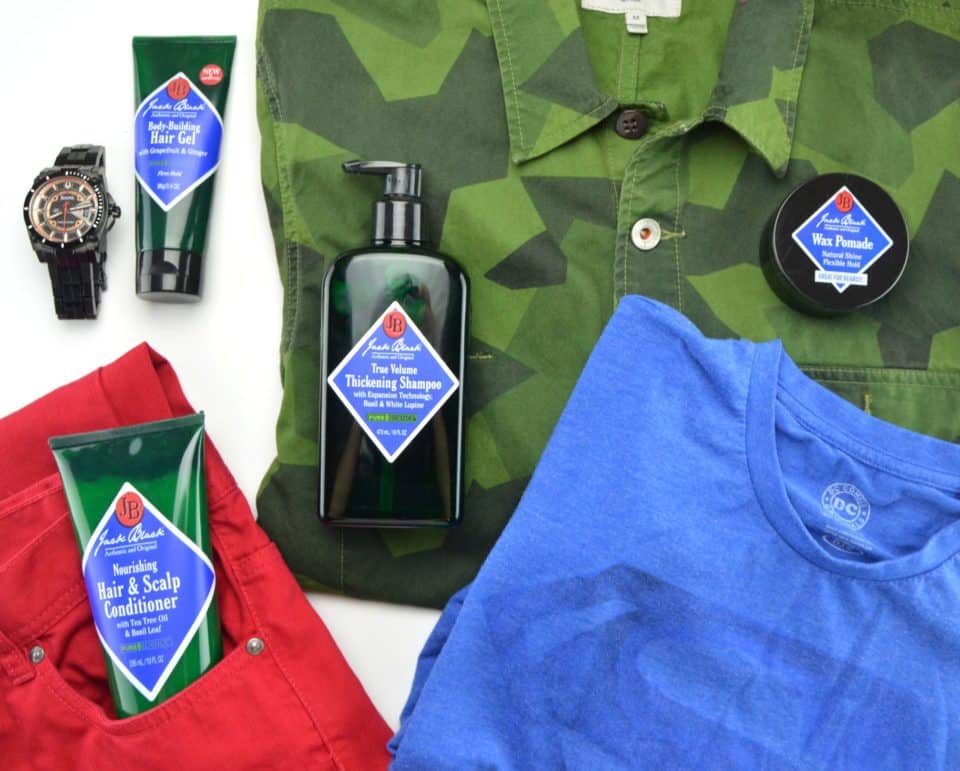
We’ll be the first to admit that Jack Black’s products are overpriced. The stuff is amazing, undoubtedly, but the prestige pricing leaves plenty of sticker shock for the average shaving balm buyer. That said, Black was founded with planetary care at the forefront of the label, condemning those who refuse to do better, even when solutions are offered. Another in the lineup of never has, and never will test on animals, we’d buy their whole line if the bank would approve our loan for it.
Aubrey Organics
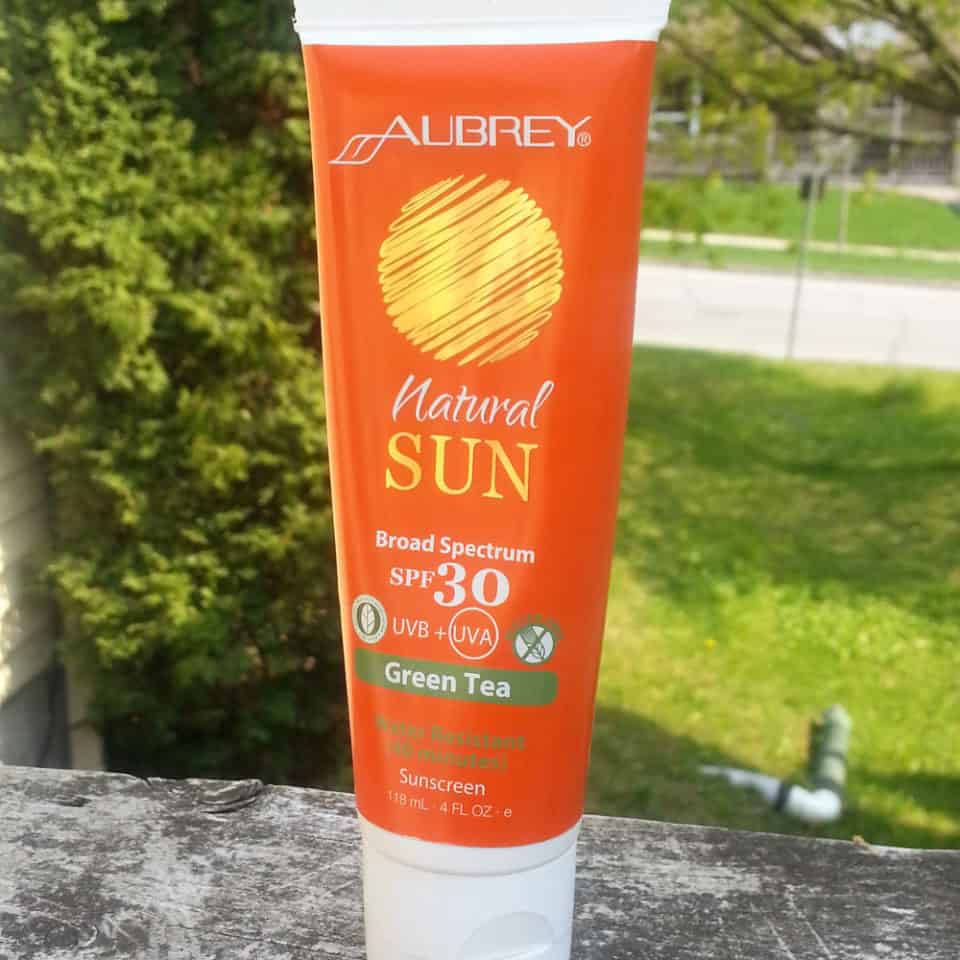
Coming from 1967, Aubrey has a lot in common with BWC in the outlook that drives it. Forever staunchly opposed to animal testing, Aubrey goes further to also make items free of preservatives, petrochemicals, and synthetic additives. The result is less secondary pollution from manufacturing, and greater good for the land, as well as the things that live upon it.
Trader Joe’s
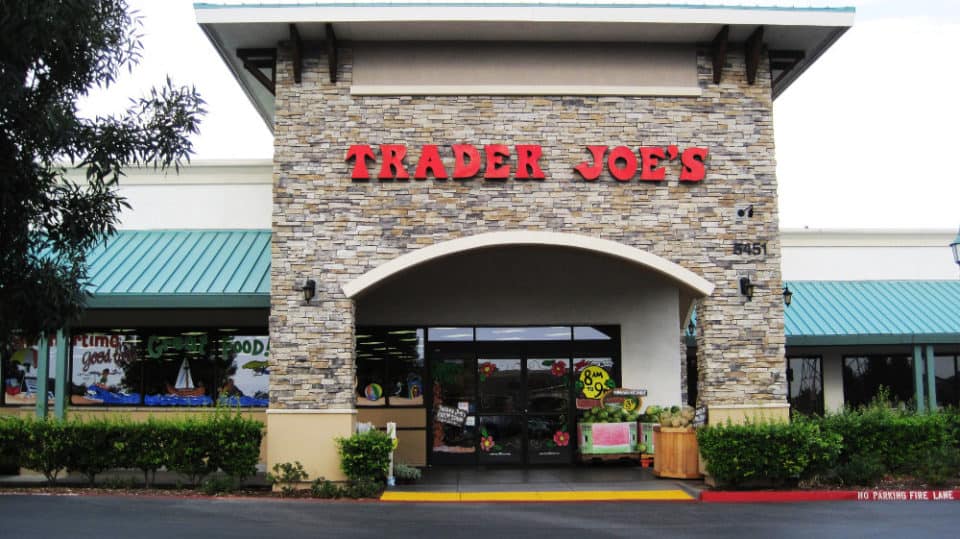
The independent grocery chain and general store Trader Joe’s has always walked its own path. Rarely thought of as anything more than a place to get some of the best two-buck chuck in the world, Joe’s also has a skincare brand, and various health items that are commonly tested on animals. Joe has ardently refused to ever be anything other than wholly transparent, and do as little damage as possible to every living thing.
Wet ‘n Wild
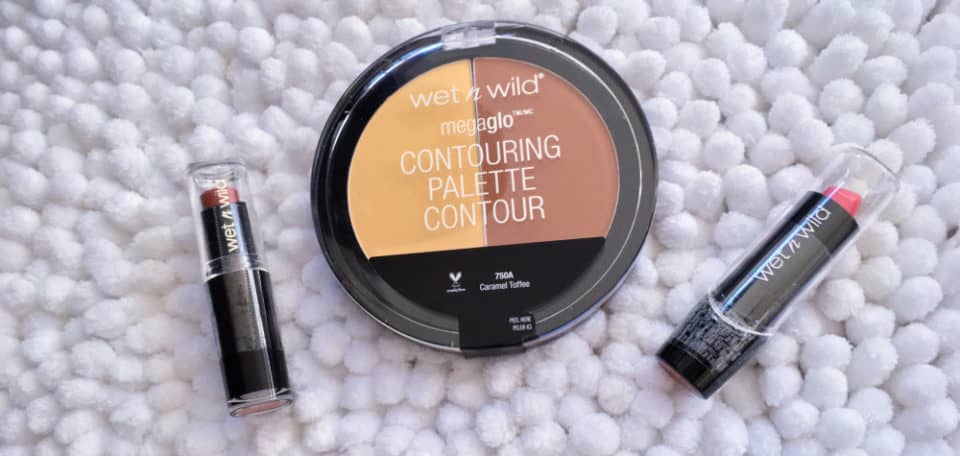
It’s sometimes hard to defend a brand with an “‘n” sitting right in the middle of the label, since it looks like it was named by a middle schooler. Ridiculous or not, slightly erotic in sound or not, Wet ‘n Wild is 100% cruelty free; and – here’s where other cosmetic companies should take note – since WnW is saving money by not hurting rabbits and monkeys, it can charge less to the buyer. Economically sound and ethically responsible. We should all be so wild.
Dr. Bronner’s Magic Soaps
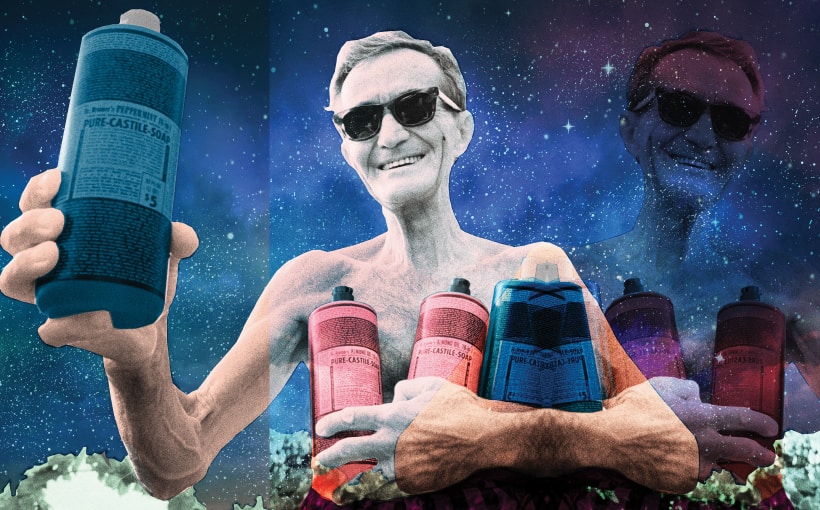
A wayback machine is required to see the 1948 inception of Dr. Bronner’s. Though the company has gone through several iterations in the past, it currently makes eco-conservative soaps and lotions. Spearheaded by the grandson of founder Emanuel Bronner, the company supports and helps enact legislation to stop animal testing, calling the practice “antiquated and unnecessary.”
Juice Beauty
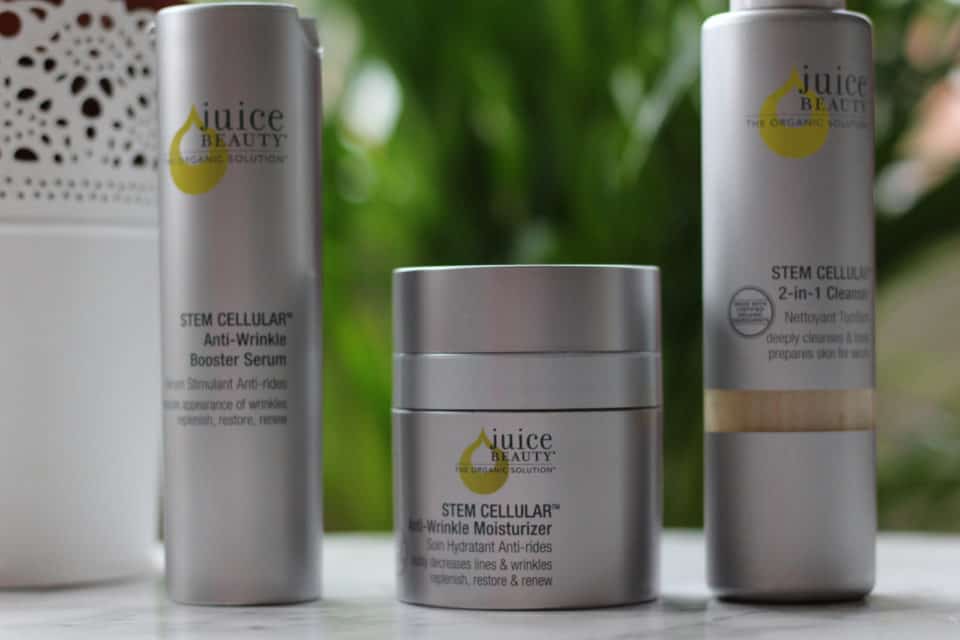
Authentic, organic, and free of cruelty as much as toxins and preservatives, Juice Beauty isn’t yet a household name, but it’s climbing fast. The reason being, CEO Karen Behnke doesn’t want “natural” products, but those that are made with ingredients that are organically, sustainably farmed so there’s no hint of harm, even before the stuff becomes makeup.
Kat Von D

Kat earned notoriety for her tattoo work, which was eventually featured on her show “LA Ink.” These days, she makes the news for slamming makeup industry giants like Nars for doing animal testing. Vocal as always, Kat renounces anything that wounds, and ensures that her own brand never crosses over into the badlands.
Blissoma
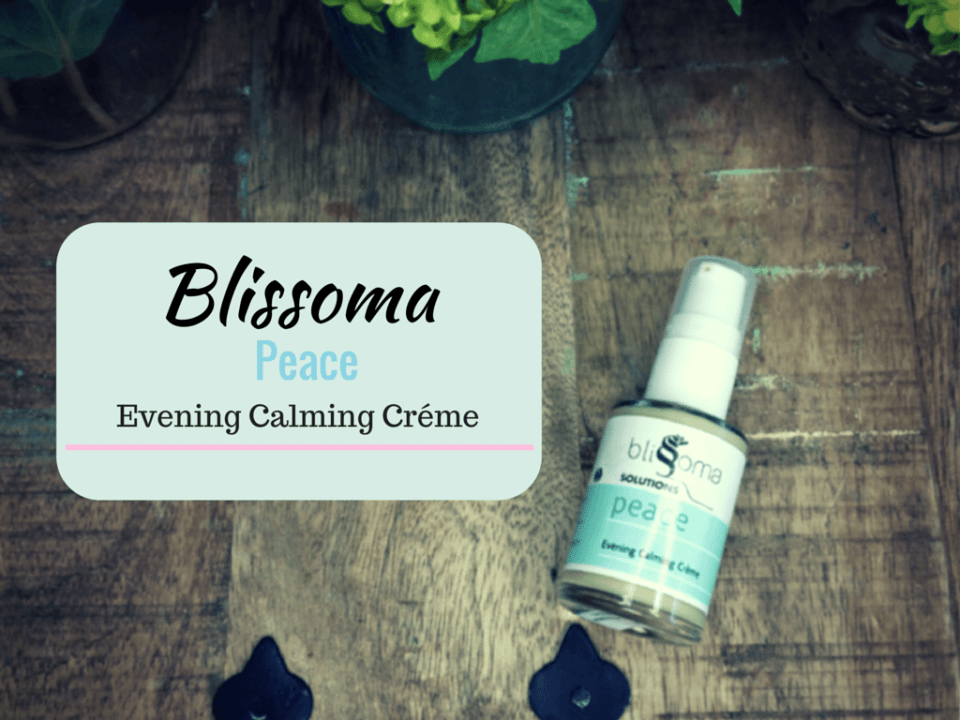
The goal of Blissoma is to heal and salve injuries, not to cause them in the name of corporate “science.” Recipes are tested in house on the people who want to try them, and are often Certified Organic and Certified Vegan using natural, food-grade herbal remedies. As a brilliant scientist, founder and chemist Julie Longyear knows there’s simply no need for anything else.
The Body Shop
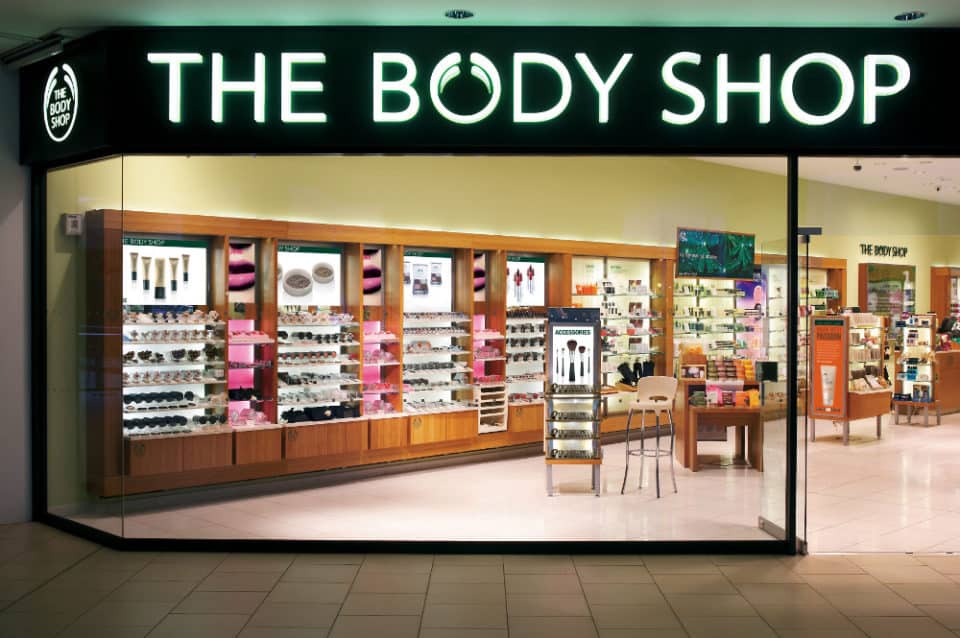
The Body Shop is a point of contention for many, as it’s been bloodied in the past with boycotts due to animal testing practices. Trying to put that ugly history behind it, if only so it doesn’t go under, The Body Shop has re-branded and re-dedicated itself to a wholly harmless approach. Proof that redemption is possible, even for sewer monsters like L’Oreal.
